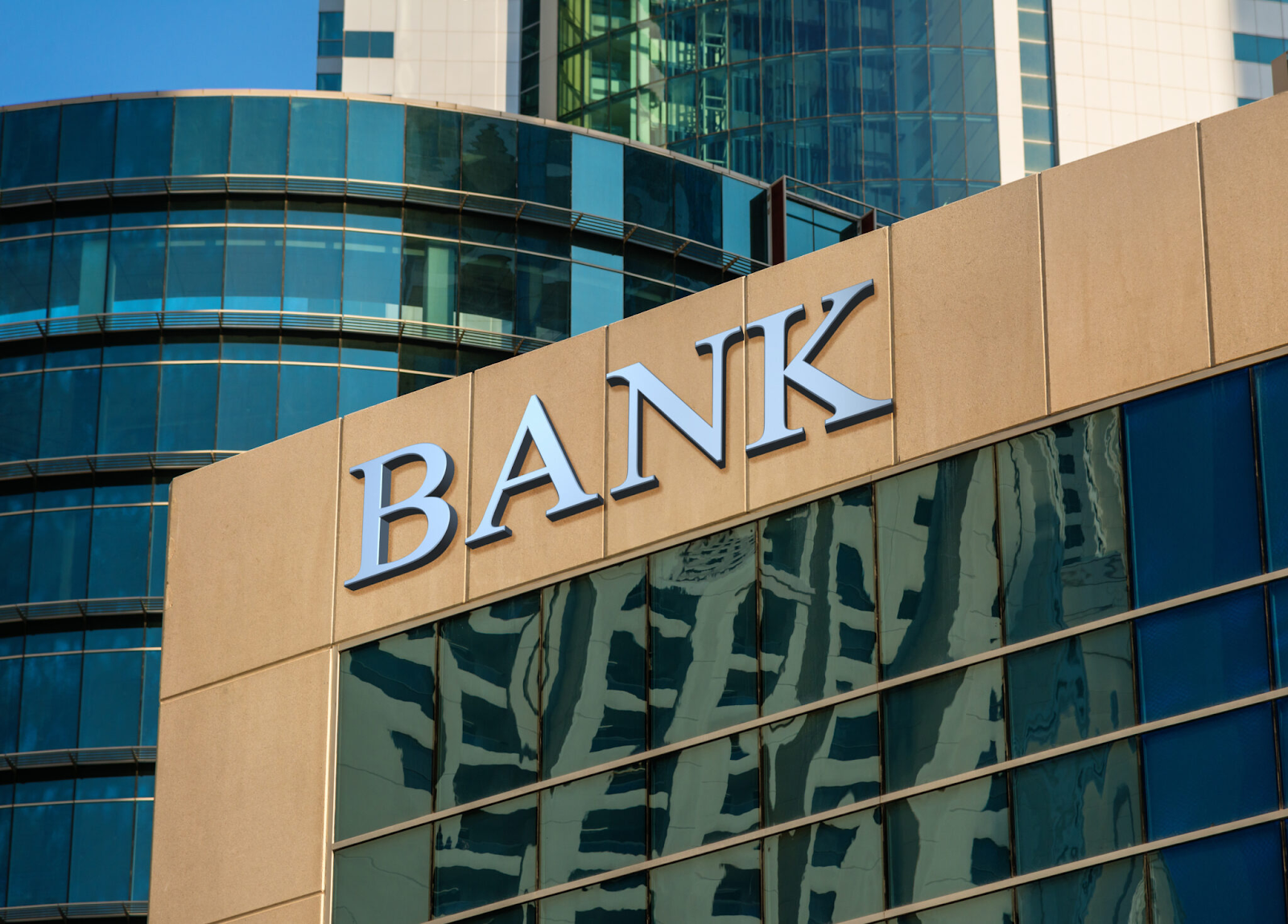Navigating Challenges: Modernizing Financial Systems with ISO 20022
In a world that's constantly evolving, the financial landscape is no exception. The backbone of our economic transactions, the financial systems, are undergoing a significant transformation with the introduction of ISO 20022. But what does this mean for the average person on the street? How does it impact your daily life? Let's dive into the realm of financial systems and explore the challenges and opportunities presented by the adoption of ISO 20022.
Embracing Change: The Need for Modernization
Financial Evolution in a Digital Era
Our financial systems have come a long way from the days of paper transactions and manual record-keeping. The digital era demands a more sophisticated and streamlined approach. ISO 20022, a universal messaging standard, emerges as a solution to propel financial systems into the future.
Understanding ISO 20022
Before we delve deeper, let's unravel the mystery behind ISO 20022. Imagine it as a common language for financial institutions globally. It standardizes the way data is exchanged, providing a robust framework for seamless communication. This common ground eliminates the inefficiencies and discrepancies associated with disparate messaging systems.
The Benefits Unveiled: Efficiency and Accuracy
Streamlining Financial Transactions
ISO 20022 is not just a fancy acronym; it brings tangible benefits to the table. From faster transactions to enhanced data accuracy, the advantages are numerous. Think of it as upgrading from a dial-up connection to high-speed broadband – transactions happen in a blink, and errors are minimized.
Efficient Cross-Border Transactions
One of the standout features of ISO 20022 is its ability to facilitate smoother cross-border transactions. The standardized messaging format allows different financial institutions worldwide to communicate seamlessly, reducing the complexities associated with diverse systems.
Overcoming Challenges: The Road to Implementation
Navigating the Transition
While the promises of ISO 20022 are enticing, the road to implementation is not without its hurdles. Picture it as renovating your home – the process might be daunting, but the end result is a more functional and modern living space.
Integration Challenges
Integrating ISO 20022 into existing systems poses a challenge for many financial institutions. It requires a strategic approach to ensure a smooth transition without disrupting day-to-day operations. However, the long-term benefits far outweigh the initial challenges.
What's in it for You: Impact on Everyday Finances
Revolutionizing Personal Transactions
Now, let's shift the focus to how ISO 20022 affects you directly. Think of it as upgrading your smartphone to the latest model – your everyday transactions become more seamless, secure, and efficient.
Enhanced Security Measures
With ISO 20022, security is not an afterthought but a core feature. The standardized messaging ensures that your financial data is transmitted securely, reducing the risk of fraud and unauthorized access.
The Future Beckons: Embracing a New Era
Looking Ahead
As we navigate the challenges of modernizing financial systems, it's crucial to look ahead. ISO 20022 paves the way for a future where financial transactions are not just transactions but experiences. Imagine a world where your money moves effortlessly, securely, and globally.
Adapting to a Digital Financial Ecosystem
The adoption of ISO 20022 marks a shift towards a more digital and interconnected financial ecosystem. It opens doors to innovations that can redefine the way we perceive and engage with our finances.
Conclusion
In conclusion, the journey of modernizing financial systems with ISO 20022 is not a mere technical upgrade; it's a paradigm shift. As we embrace change, we pave the way for a more efficient, secure, and interconnected financial world.
FAQs: Navigating the ISO 20022 Landscape
What is ISO 20022, and why is it important for the general public?
ISO 20022 is a universal messaging standard that standardizes the way financial data is exchanged globally. It's important for the general public as it ensures faster, more secure, and efficient financial transactions.
How does ISO 20022 impact personal transactions?
ISO 20022 revolutionizes personal transactions by enhancing security measures, making everyday financial activities more seamless and efficient for individuals.
What challenges do financial institutions face during the implementation of ISO 20022?
Financial institutions encounter integration challenges during the implementation of ISO 20022. While challenging, the long-term benefits of a more streamlined system outweigh the initial hurdles.
Can ISO 20022 facilitate cross-border transactions more efficiently?
Yes, ISO 20022 facilitates smoother cross-border transactions by providing a standardized messaging format that allows different financial institutions worldwide to communicate seamlessly.
How does ISO 20022 contribute to the future of financial systems?
ISO 20022 contributes to the future of financial systems by paving the way for a more digital and interconnected ecosystem. It sets the stage for innovations that redefine the way we engage with our finances on a global scale.

Comments
Post a Comment